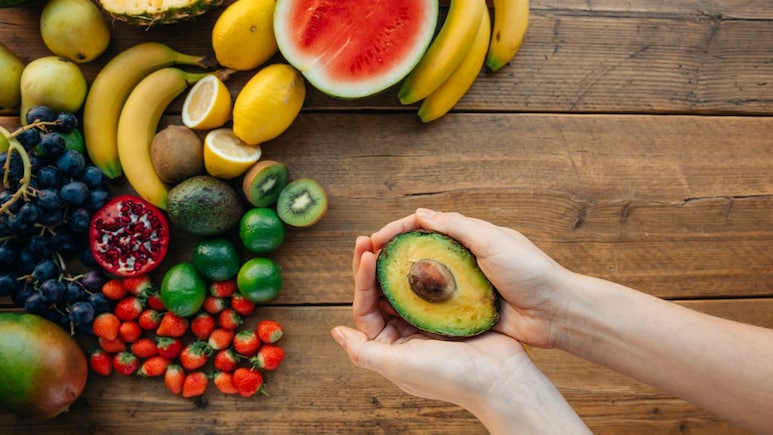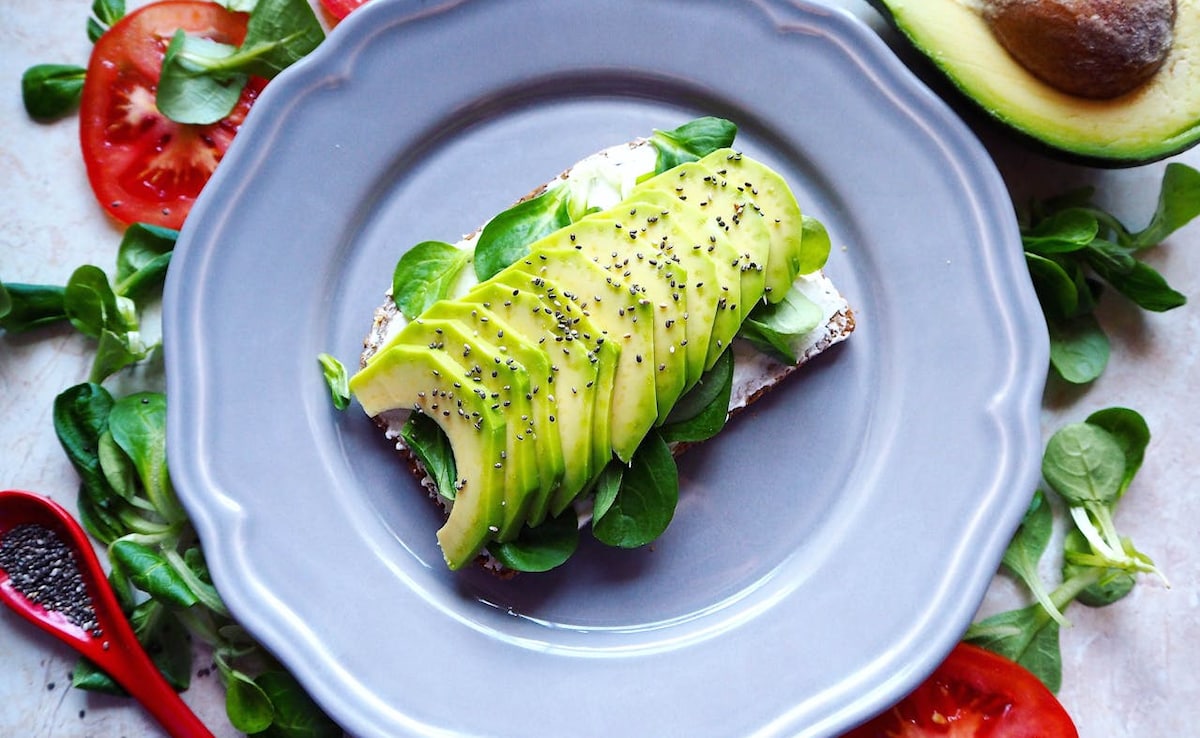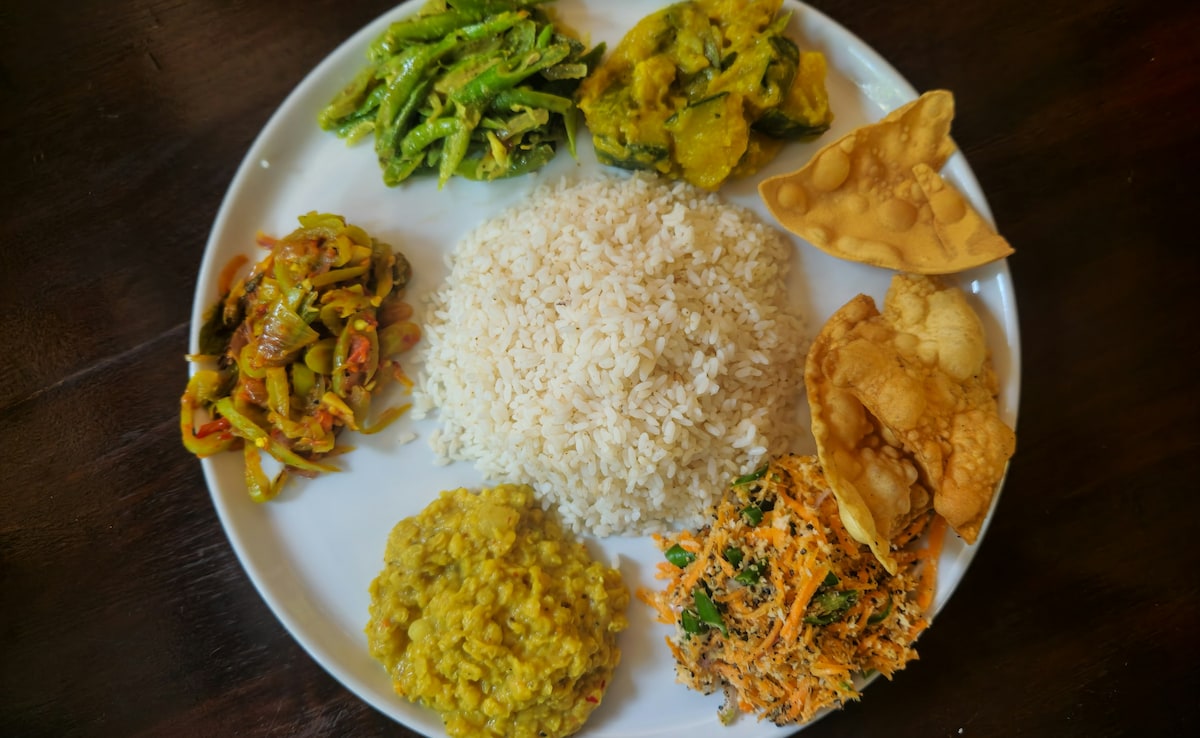
In recent years, the term "superfood" has become a buzzword, often used to describe exotic and expensive items like quinoa, chia seeds, and avocado. For India's youth, who are constantly exposed to influencer marketing and quick-fix diet hacks, these foods often appear to be the ultimate solution for weight loss, glowing skin, and immunity. But do they really live up to the hype? Or are we ignoring the wisdom of our traditional diets in the process? We spoke to Ms. Deepti Khatuja, Head Clinical Nutritionist, Fortis Memorial Research Institute, Gurgaon, to get clarity on the matter. According to her, while superfoods are nutritionally dense, "no single food can provide all the nutrients needed by the body. A balanced diet with a variety of traditional, seasonal, and local foods is far more sustainable and beneficial than over-relying on expensive imported superfoods."
Let's break down her expert insights on why the superfood craze may be misleading, how marketing and misconceptions fuel unhealthy eating habits, and what practical steps today's youth, millennials, GenZ and Gen Alpha alike, can take to embrace balance and nutrition over fads.
What Exactly Are Superfoods?
"Superfoods are the foods that are nutritionally dense and therefore beneficial to one's health," explains Ms. Khatuja. However, she stresses that no single food can be complete in itself. Traditional Indian diets, when eaten in variety, often provide better coverage of macronutrients and micronutrients than isolated "superfoods".
For example, basil seeds, commonly used in Indian drinks, are rich in omega-3 fatty acids, dietary fibre, and protein, and cost almost half of chia seeds, yet deliver comparable benefits.

Photo Credit: Pexels
Are Youth Over-Relying On Imported Foods?
"Yes, Indian youth is over-relying on imported and trending foods like quinoa, chia seeds and avocado," says Ms. Khatuja. The craze has reduced acceptance of traditional foods, making them look less appealing.
But science suggests otherwise: multiple studies, including one published in Nutrients in 2019, show that local, seasonal diets aligned with cultural eating patterns improve nutrition, gut health, and sustainability. Locally grown millets, for instance, are high in fiber and antioxidants, and the United Nations declared 2023 the International Year of Millets to spotlight their global importance.
Health Risks Of Fad Diets And Superfood Obsession
The superfood obsession isn't just impacting buying and consumption patterns of Indians, but also giving rise to fad-eating patterns that have no basis in science but do have long-term negative health impacts. According to Ms. Khatuja, fad-eating patterns cause multiple deficiencies and imbalances:
- Unhealthy weight loss and easy fatigue.
- Compromised immunity due to inadequate vitamins and minerals.
- Impaired brain function, poor attention, and concentration, especially if carbohydrates or breakfast are skipped.
- Electrolyte imbalance, metabolic slowdown, weak bones, and hair loss.
- Yo-Yo effect of regaining weight quickly once normal eating resumes.
- Anxiety, depression, and irritability due to inadequate nutrition.
Scientific evidence backs this: restrictive diets can negatively impact immune function and mental health.
Role Of Marketing And Misinformation
Ms. Khatuja highlights how marketing drives misconceptions about nutrient-dense foods that are often labelled as cure-all miraculous superfoods:
- Labelling foods as detox or immunity boosters.
- Positioning imported foods like quinoa over local millets, or chia seeds over basil seeds.
- Celebrity and influencer endorsements that glamorize exclusivity.
- Over-focus on single nutrients instead of whole diets systems and balanced meals.
This aligns with global research showing that marketing often oversells the nutritional superiority of specific foods, shaping consumer perceptions.

Photo Credit: Pexels
Are Superfoods Becoming A Status Symbol?
"Yes, in today's time superfood has become more of the status symbol than a real nutritional need," she points out. Imported "superfoods" are often much costlier than local foods of similar nutritional value. This perception shift also creates inequity, where healthy eating seems "elitist" rather than accessible, a challenge for public health nutrition.
If you want to cut the noise around so-called superfoods, Ms. Khatuja offers a clear roadmap:
- Keep traditional Indian foods as the foundation of your daily diet.
- Focus on balance, moderation, and sustainability.
- Stay seasonal and local, rediscover Indian superfoods.
- Read food labels properly before buying.
- Have a variety of seasonal foods of different colours in the right proportion.
- Engage in 45-60 minutes of physical activity, at least 6 days a week.
- Optimize proteins, add diet diversity, and aim for 5-8 servings of fruits and vegetables daily.
- Increase probiotics, prebiotics, fibre, and stay hydrated.
- Limit processed foods, smoking, and alcohol.
These recommendations echo global dietary guidelines such as the WHO healthy diet framework. Superfoods may be trendy, but they're not magic bullets. As Ms. Khatuja reminds us: "No single food or food group is complete. A balanced diet of traditional, seasonal, and diverse foods, along with regular physical activity and stress management, is what truly ensures health and longevity."
By prioritizing what's local, affordable, and sustainable, today's youth can move beyond the illusion of quick fixes and embrace the timeless wisdom of balanced nutrition.
Disclaimer: This content including advice provides generic information only. It is in no way a substitute for a qualified medical opinion. Always consult a specialist or your own doctor for more information. NDTV does not claim responsibility for this information.
Track Latest News Live on NDTV.com and get news updates from India and around the world

